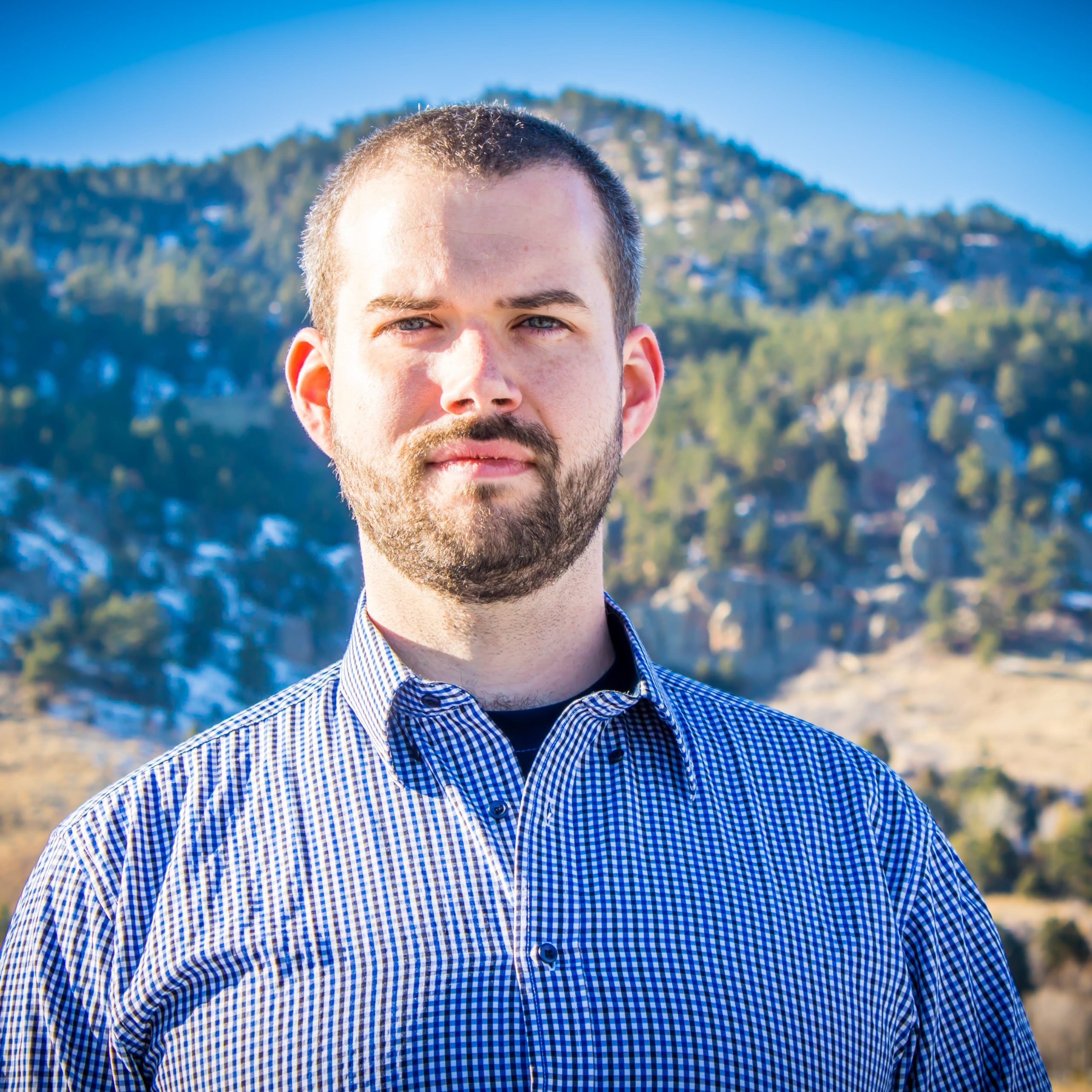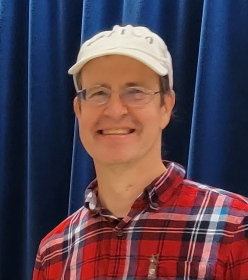
As Boulder Weekly looked back over the past 30 years for our anniversary issue, we wished we had a crystal ball to tell us what the next 30 years would hold. Since we don’t, we caught up with two Boulder-area futurists instead.
Wayne Radinsky is the organizer of the Boulder Future Salon, a group that meets a few times a year to discuss the future of everything from artificial intelligence to geopolitics. He’s a software engineer by day and describes being a futurist only as “predicting the future,” but with data and models rather than psychic methods.

Trent Fowler, co-organizer of the group, has taken interest in thinking about the future since he was a teen. He became fascinated with AI and eventually became a machine learning engineer. Now, he co-hosts a podcast called Futurati with futurist speaker and award-winning engineer Thomas Frey.
“I try to be less surprised by tomorrow by talking to the smartest people I can find,” he says.
Here are a few of the many topics on the two futurists’ minds and how they’re thinking about the next 30 years and beyond.
AI and jobs
When ChatGPT launched in 2022, it was the first time many of us thought seriously about AI. Radinksy has been thinking about AI for more than two decades, but the way it’s changing the labor market came as a surprise — even for some futurists.
“The future arrives out of order,” Radinsky wrote in an email. “Twenty or even 10 years ago, it was the common wisdom in the ‘futurist’ community that robots would automate all the ‘routine’ jobs and that the ‘creative’ jobs would be safe. It turns out that we now have AI systems that produce digital art, writing and software code. Maybe not good enough to put all artists, writers and software developers out of work, but enough to make their presence felt, and they are advancing rapidly. Meanwhile, the shelves at the grocery store are still being stocked by humans.”

Fowler says that in his eyes, jobs like content creation, copywriting and marketing are most vulnerable, “where mostly what you’re doing is outputting a lot of text, which does not require all that much of your own personal perspective, and doesn’t require all that much in the way of research.”
“I think that it will probably end up being, like, the bottom 30% of programmers, probably the bottom 50% of writers — people who were maybe pretty good, but they’re not in that top bracket,” he says.
That job loss will likely be the biggest short-term consequence of the technology — but it isn’t certain, Fowler says.
“It plausibly could expand the market enough for written content that it actually doesn’t end up displacing that many people — either because there’s increased demand for their services in other parts of the workflow or because they’ve learned how to use these technologies,” he says.
Fowler envisions a world in which coders and copywriters may get their first output from software like ChatGPT, but then “tinker with it” to fit their needs and clean up errors.
“I am not predicting, like, 40% unemployment,” he says. “I do think there will be some, but my advice is basically just start using these tools and figuring out how they work and learning how to utilize them effectively.”
AI and safety
For Fowler, AI safety is top of mind.
“If you are dealing with something that is as smart as you or smarter than you are, and it’s pursuing goals that have not been very carefully crafted to take account of human beings and human values, you will end up in a world that is very inhospitable to you because what you will have is something that is maybe smarter than anyone that’s ever lived and smarter than everyone alive today put together,” he says.
Fowler says ChatGPT can be viewed as “something like a warning shot,” as it’s “incredibly powerful,” but “no one understands how it works.”
Radinsky sees it a bit differently, though he does think AI could exceed human intelligence in the next 30 years.
“People are working very hard to make sure that safety measures are put in,” he says. “For example, if you go to ChatGPT and ask it to, you know, tell you how to design a bioweapon, it won’t help you. So people are addressing those sorts of concerns. So I tend to think that, at least so far, those kinds of worries haven’t panned out. So for me, the labor market is the main thing that I worry about.”
Life on Mars?
Among Fowler’s predictions for the future are another pandemic, a growing threat of ransomware and one thing he sees as a positive — humans landing on Mars in the next 20 or 30 years.
“I doubt the very first trip out will be a settlement, but there’s a number of really interesting proposals for what our settlement might look like,” he says. “Many of them focus on building underground because it’s easier to shield the plants and the people in the greenhouses and such from the radiation.”
Radinsky is wary of making any big predictions, as he says extrapolating can be problematic since big breakthroughs or diminishing returns on evolving technology can render predictions moot.
However, he makes one Boulder-area prediction confidently and with a laugh: “Housing will get more expensive.”
How to think like a futurist
Radinsky’s basic way of thinking is to form mental models of how the world works and then ask what those models imply about the future if they’re true, and most importantly, be able to update those models quickly.
“People tend to err on the model of sticking to what they know rather than updating their mental model of how the world works,” he says. “I try to see what’s going on and look for things that fundamentally change my understanding of how the world works.”
Sure, thinking incessantly about the future can be overwhelming (see: AI domination). But for someone who spends their time doing just that, Fowler has a positive outlook.
“There’s a tendency among futurists to catastrophize, but I try to be as balanced as possible by looking at the positives as well,” he says. “More than likely we’ll figure it out, so I try not to move too much toward: it’s all going to be amazing or it’s all going to be terrible. Besides that, I just find joy in the day-to-day things.”
